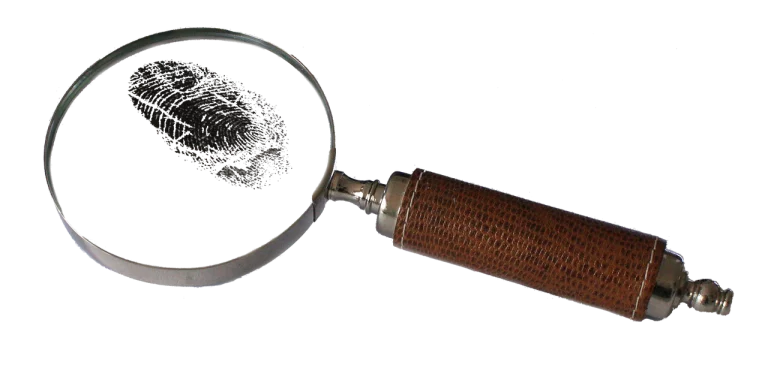Book Appointment Now
The Role of Nurses in Combating the Opioid Crisis
The Role of Nurses in the Opioid Crisis
The opioid crisis continues to be one of the most pressing public health challenges in the world. As frontline healthcare providers, nurses in the opioid crisis play a crucial role in addressing this epidemic. From patient care to community education, nurses are key to reducing opioid addiction and improving patient outcomes. In this article, we’ll explore how nurses are combating the opioid crisis, the strategies they use, and their impact on public health.
Understanding the Opioid Crisis and Its Impact
The opioid epidemic has had devastating effects on individuals, families, and communities. It has led to an increase in opioid-related overdoses, chronic pain issues, and mental health disorders. Opioid addiction treatment nursing is now an essential aspect of healthcare, requiring nurses to be well-versed in both medical and psychosocial interventions.
The Scope of the Opioid Crisis
- Opioid abuse: A significant public health issue, leading to high rates of addiction and overdose deaths.
- Pain management challenges: The need for effective pain management without opioids to reduce the risk of addiction.
- Impact on healthcare: Increased burden on emergency departments, rehabilitation centers, and mental health services.
The Essential Role of Nurses in the Opioid Epidemic
Nurses are often the first point of contact for patients struggling with opioid addiction. Their role extends beyond clinical care to include education, prevention, and advocacy.
Nursing Interventions in the Opioid Crisis
- Patient Education and Counseling
- Nurses are instrumental in nurse-led opioid education programs that teach patients about the risks of opioid use and alternatives for pain management.
- They provide guidance on safe medication use, helping to prevent misuse and addiction.
- Opioid Addiction Recovery Support
- Nurses and opioid addiction recovery go hand-in-hand, as nurses provide continuous support throughout the recovery process.
- They work in collaboration with addiction specialists to develop comprehensive care plans tailored to individual patient needs.
- Pain Management Without Opioids
- Nurses in opioid crisis situations often explore non-opioid alternatives, such as physical therapy, cognitive-behavioral therapy, and non-pharmacological pain relief methods.
- They educate patients on these alternatives to reduce dependency on opioids.
- Overdose Prevention and Response
- Nurses are trained in overdose prevention strategies and are often the first to administer life-saving interventions, such as naloxone.
- Nurse’s role in opioid overdose prevention includes educating communities on recognizing overdose signs and responding effectively.
Do you need paper writing help about how nurses are combating the opioid crisis? ![]()
The Impact of Nurses on Public Health
The role of nurses in combating opioid abuse is critical to public health. Their work not only saves lives but also helps to reduce the overall burden of the opioid epidemic on society.
- Community Outreach: Nurses often participate in community outreach programs that focus on opioid crisis and nursing care, providing education and resources to at-risk populations.
- Advocacy: Nurses advocate for policies that support addiction treatment and prevention, pushing for changes that address the root causes of the opioid epidemic.
Strategies for Nurses to Combat the Opioid Crisis
To effectively combat the opioid crisis, nurses must employ a combination of clinical skills, empathy, and public health strategies.
Training and Continuing Education
- Nursing strategies for opioid patients include ongoing education on the latest pain management techniques, addiction treatment, and patient communication skills.
- Continuous professional development ensures that nurses are equipped to handle the complexities of opioid addiction and recovery.
Collaboration with Other Healthcare Providers
- Interdisciplinary collaboration is vital, as nurses combating opioid abuse work alongside doctors, therapists, and social workers to provide comprehensive care.
- Nurses in opioid crisis settings also collaborate with public health officials to implement community-wide interventions.
Promoting Safe Prescribing Practices
- Nurses play a pivotal role in promoting safe opioid prescribing practices by monitoring patient use and educating prescribers on the risks of opioid medications.
- Opioid epidemic nursing strategies include advocating for alternative treatments and being vigilant about potential signs of misuse.
The role of nurses in the opioid crisis is multifaceted, requiring a blend of clinical expertise, patient advocacy, and public health awareness. By employing evidence-based strategies and focusing on patient-centered care, nurses are making a significant impact in the fight against opioid addiction. Their contributions are essential to not only saving lives but also improving the overall quality of healthcare and reducing the burden of the opioid epidemic on society.
As the opioid crisis continues to evolve, the role of nurses combating opioid abuse will remain central to addressing this public health challenge, ensuring that patients receive the care, support, and education they need to overcome addiction.
Also read:
- Discussion: The Opioid Crisis
- HCS 455 UOPX Trends in Healthcare Policies Opioid Crisis
- Future Policy Issue Opioid Crisis
- PSY 1012 Keiser University Opioid Use Addiction and Overdoses







